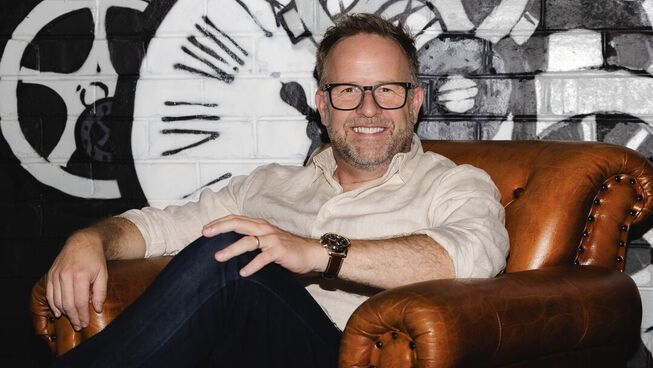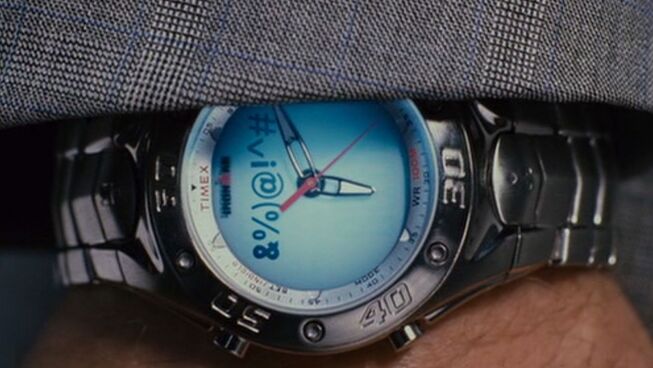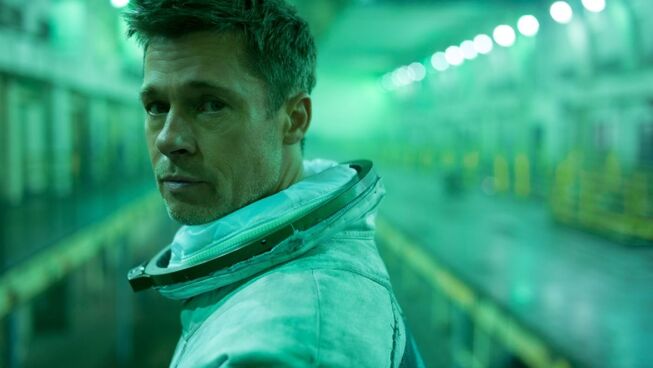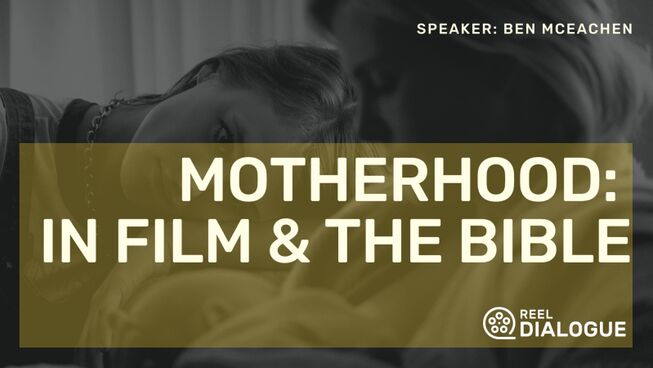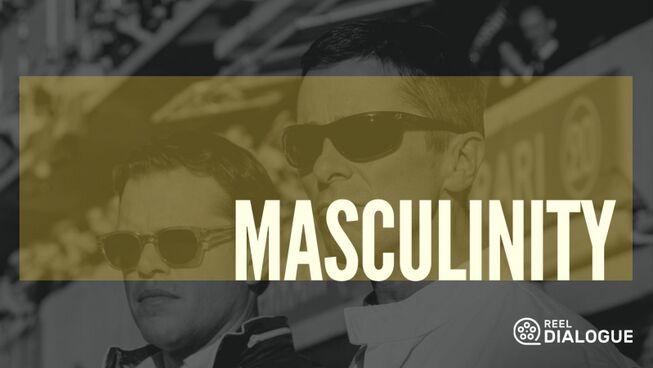
2 out of 5 stars
Steven Soderbergh will never be blamed for being conventional. The Academy Award-winning director (Traffic) is always looking for different ways of filming and is willing to take on new mediums to deliver his creations. With Unsane, he chose to film the whole project with an iPhone 6+ and his last two projects have been developed for direct release on Netflix. The Laundromat has a star-studded ensemble who come together to expose the far-reaching impact of an unsavoury group of lawyers working out of Panama City in 2016.
Framed similarly to The Big Short (2015), Soderbergh and screenwriter Scott Z. Burns (The Report) attempts to humorously educate the audience without minimising the significance of the drama. Meryl Streep plays retiree Ellen Martin who experiences a tragedy during a holiday with her husband. She must investigate the practices of the law firm of Mossack Fonseca and its founding partners, Jürgen Mossack (Gary Oldman) and Ramón Fonseca (Antonio Banderas).
Ellen discovers how the organisation sets up shell companies for the world’s wealthiest individuals. As she digs into the practices of the law firm, she unearths issues of bribery, tax evasion and fake insurance policies that cause a false sense of security for the world’s financial systems. This tale goes beyond the investigation of a single retiree with subplots that occur in China, Los Angeles, Mexico and the Caribbean. This multilayered investigation leads to the release of the 2016 Panama Papers. A report that led to arrests of the individuals involved in these scams and the fall of many of these organisations.
The end result is a combination of humorous anecdote, heartbreaking drama and an unmitigated lecture. Oldman and Banderas are perfect as the smarmy tax lawyers, adding a whimsical blend of humour and expert explanation of their practices. The inclusion of these true-to-life characters and the quality of their performances led the actual lawyers to sue to keep the film from being released. Streep’s understated performance shows her mastery of the craft and delivers both the heartbreaking side of her life and tenacious nature of her investigation.
What is set up as an educational and entertaining journey eventually turns into a bully pulpit for the production team. The first two acts provide an interesting bit of filmmaking with the twists and turns of all involved with these financial atrocities. Laying all of the groundwork to make this complicated statement accessible and understandable. Soderbergh develops sympathy for the victims and little pity for those who orchestrated these egregious acts, which seems to be enough to serve the purpose of the film.
Unfortunately, they allow Meryl Streep to go on to lecture the audience about these financial practices. A tirade that comes off as pretentious and hypocritical coming from the Hollywood elite. Even though she is unparalleled in her acting abilities to be positioned as an expert on the topic cannot cover the fact that she is merely reading a script. A conclusion that proves to be difficult to stomach and sours any positive reactions that developed along the way.
REEL DIALOGUE: Can morality and integrity exist in the world of finance?
Morality: conformity to the rules of right conduct; moral or virtuous conduct.
In the world of finance, can morality exist? With only the cinematic universe to consider, the question has to be answered with a strong maybe. Compromise does play a factor in this industry, but is there a moral centre to drive people to continue to do this work?
The challenge is to know where to find this integral drive for justice and integrity. Can it be merely found in the patriotic, familial or monetary?
Most of us will never directly experience the extreme moral downfall depicted in this story, but each of us needs to determine right and wrong for ourselves. We can look to mankind for examples, but eventually all people do fail the real test of perfect morality. There was only one person in history who set the standard for honesty and proved that no one else could ultimately hold to this standard. This may sound like a hopeless statement, but Jesus did not leave humanity without a solution to this morality juxtaposition.
Are you intrigued? Here is a link to a letter written by Paul called Romans, it opens up things on the subject of morality. It is a short read, but allows for consideration for where it bases your morality. Romans
